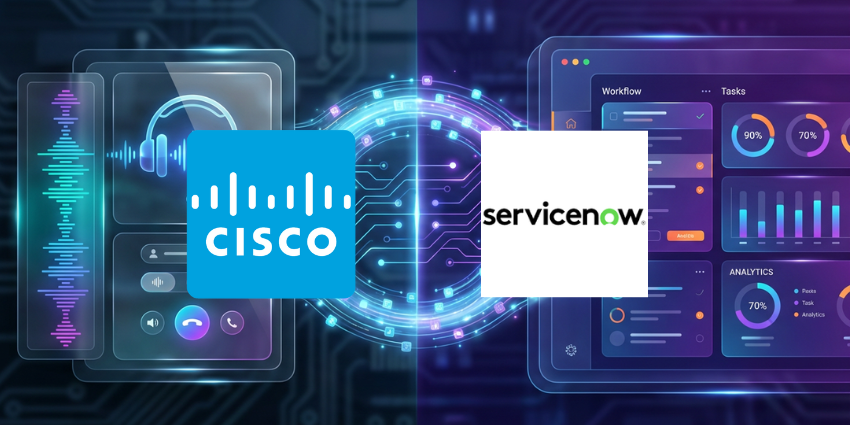Customer experience (CX) is no longer confined to traditional call centers or company-managed support channels. Increasingly, customers are turning to third-party platforms like Reddit threads and YouTube tutorials to troubleshoot issues, seek advice, and share solutions; a phenomenon referred to as “Shadow CX.”
Shadow CX offers both opportunities and risks. It empowers customers with fast, community-driven solutions and reduces strain on official support channels. However, businesses risk losing visibility and control over their customer experience, which may impact brand loyalty and trust. With AI, things become even trickier.
In a recent talk with Martin Taylor, Co-Founder and Deputy CEO of Content Guru, we explored the rise of third-party CX, AI’s role in shaping customer interactions, and how businesses can adapt to this decentralized support landscape. Should companies embrace this shift, or fight to reclaim control?
The Risks: Misinformation, Lost Engagement, and Missed Insights
While Shadow CX offers convenience, it also comes with significant risks. When customers turn to third-party resources, companies lose control over the accuracy of the information shared. Official support channels are there to provide reliable guidance, but on platforms like Reddit or YouTube, there are no guarantees.
“If customers follow incorrect advice—say, skipping the manual for a DIY video that backfires—the brand often takes the blame, even if it had nothing to do with the guidance,” Taylor notes.
Beyond misinformation, Shadow CX disrupts direct engagement. Traditionally, when customers reached out to a company, it was an opportunity to build trust and loyalty. Now, younger consumers—especially Gen Z—seek quick, digestible solutions over long customer service calls.
“If a business isn’t present in these spaces, it risks losing customers altogether,” Taylor says. However, companies can’t simply drop a 50-page manual into a fast-moving forum. “They need to create short-form, ingestible content that fits the nature of these platforms.”
Ignoring Shadow CX also means losing valuable customer insights. Without direct engagement, brands miss out on feedback that could inform product improvements and future support strategies.
What’s the alternative? AI is one part of the answer.
AI: A Double-Edged Solution for Shadow CX
AI can help reshape customer experience, but whether it solves or exacerbates Shadow CX challenges depends on its use.
When consumers turn to forums or unofficial videos, it’s often to solve a problem, which AI-powered agents can help with. By offering real-time, 24/7 personalized assistance, AI can help customers troubleshoot without resorting to third-party resources.
While many businesses already use automated agents for customer communications, most still rely on outdated, rigid chatbots that frustrate users.
“Organizations need to modernize these chatbots so they’re no longer a barrier to resolution but are actually helpful,” Taylor suggests.
AI also introduces new risks. Users often turn to large language models (LLMs) like Gemini or ChatGPT, but their AI-generated responses aren’t always accurate; and businesses may still bear the blame if misinformation spreads.
“To protect against hallucinations, brands can use retrieval augmented generation,” Taylor explains. However, this can only work when the business provides the interaction and cannot be imposed on a third party.
“To maximize the odds that third-party engines provide users with reliable information, it’s essential to make any official information highly visible and clear,” he says.
Adapting to Change: Tips and Strategies
To thrive in the age of Shadow CX, businesses must adapt to evolving customer preferences, particularly among younger demographics.
“Brands need to provide quick, digestible content, such as ‘how-to’ videos and simple FAQs that blend seamlessly into the style of platforms like Reddit,” Taylor suggests.
By doing so, companies can significantly lower customer effort scores, improve engagement, and avoid issues caused by misinformation.
Implementing AI can further improve this process by automating routine tasks, allowing the organization’s human agents to help customers by focusing on complex or emotional issues.
“AI will not replace human agents, but it will supplement them, empowering them with the right information in the moment,” Taylor explains.
“This combination of AI and human expertise builds trust while reducing operational costs and ensuring a smooth, low-effort customer experience.”
To learn more about Content Guru’s CX solutions, visit their website.







